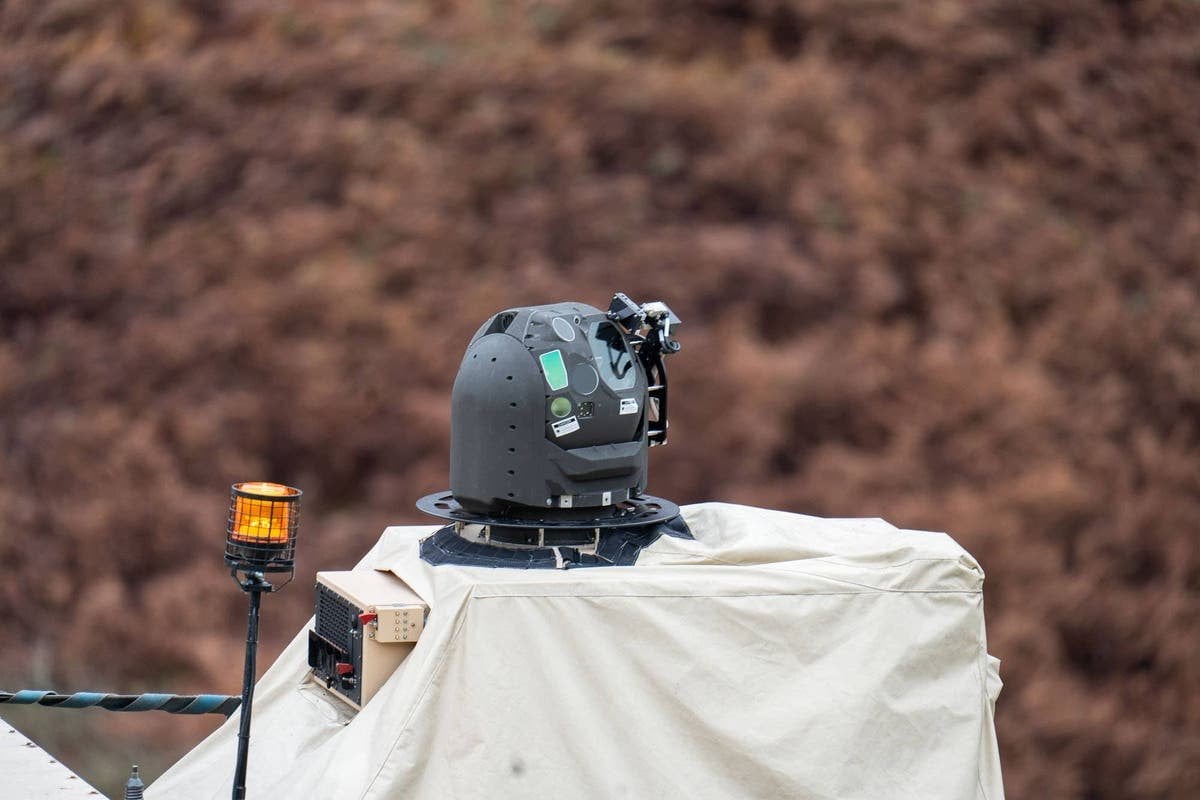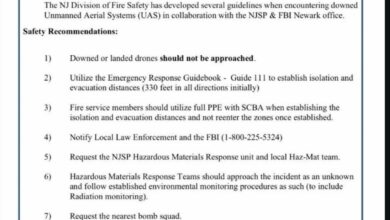British Army’s Laser Weapon Takes Down Drones: A New Era in UFO Defense?

British Army Successfully Tests Laser Weapon to Neutralize Drones
In an impressive demonstration of cutting-edge technology, the British Army has successfully tested a laser weapon designed to target and destroy flying drones. This innovative advancement not only strengthens national security but also highlights the growing importance of modern warfare capabilities in an era where unmanned aerial vehicles (UAVs) are becoming increasingly prevalent on the battlefield.
The Future of Drone Warfare: How Laser Weapons Work
Laser weapons use concentrated light energy to disable or destroy targets, making them a formidable asset against various aerial threats, including drones. Unlike traditional missile systems that require ammunition, laser systems can engage multiple targets at a fraction of the cost and with minimal collateral damage. This technology reflects a significant shift in military strategy, addressing potential threats from drone swarms and unauthorized UAV incursions.
Key Aspects of the British Army’s Laser Weapon Test
During the recent test, the British Army successfully engaged targets at varying ranges, showcasing the weapon’s adaptability and precision. The demonstration not only illustrated the weapon’s efficiency in neutralizing flying drones but also reinforced the Army’s commitment to adopting innovative technologies that enhance operational readiness.
As drone usage increases worldwide—both in military operations and civilian applications—the importance of effective countermeasures becomes crucial. This successful test positions the British Army as a leader in the development of laser weaponry, a capability that could revolutionize future engagements.
Implications for National Security and Global Defense
The successful implementation of laser weapons in the British Army indicates a proactive approach to contemporary security challenges. With rising concerns over unauthorized drone activity, including potential UFO sightings or UAP encounters, military assets equipped with advanced technology will be essential for maintaining safety and control in national airspace.
Additionally, as countries around the globe continue to explore similar technologies, the British Army’s advancements could influence international defense strategies, potentially leading to collaborative efforts in countering emerging aerial threats.
With this successful test, the British Army is not just preparing for today’s conflicts but is also actively shaping the future of warfare in the age of drones and unmanned technologies.




